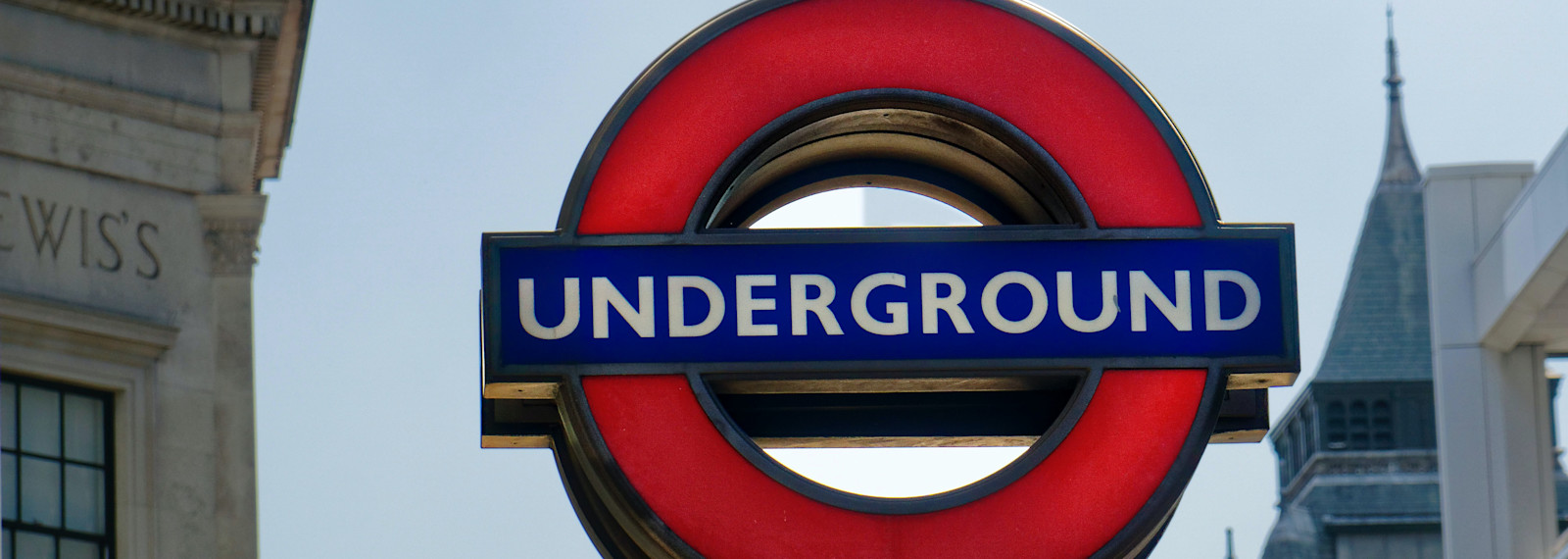The welfare state must be funded in a way that spreads the cost fairly across the generations.
- The UK population is aging, putting increased pressure on the health and pensions system.
- Over the last 40 years, the wealth-to-income ratio has moved from around 3:1 to 7:1, largely due to increases in the value of houses and pensions.
- To pay for increased healthcare costs, there needs to be changes to the taxation of domestic properties, inheritance tax and to the way pensions contributions are deducted.
The problem
Like many global economies, Britain faces a slow-motion fiscal crisis. A report by the Resolution Foundation’s Intergenerational Commission shed light on the deep-seated demographic forces driving up public spending. The big post-War baby boomer cohort are moving out of jobs and into retirement. They will soon be claiming their pensions and become heavy users of the NHS. Following decades of an increasingly favorable worker to non-worker ratio in the UK, the trends are now going into reverse. The impact of this is a ‘double whammy’ of increased public spending combined with a shrinking tax base. These pressures do not arise from policy decisions to increase the size of the state: it is just meeting commitments that have already been made. And even if there were to be an unprecedented shift to privatized healthcare, it is hard to see how the over-60s would be expected to adjust to the new system, even though they are the group driving the increase in public spending. The big issue in British budget policy over the next decade is deciding which taxes to increase — and by how much. This is where the taxes on property come in.
Following decades of an increasingly favorable worker to non-worker ratio in the UK, the trends are now going into reverse, creating a ‘double whammy’ situation of increased public spending combined with a shrinking tax base.
Why wealth?
Back in the 1970s, the total stock of wealth held in the UK amounted to two or three times national income. Today, the ratio of wealth to income is close to seven times. Wealth has soared relative to people’s income, but the tax the UK Exchequer receives on that wealth has barely changed at all — staying at around 2.5 percent of GDP for most of the last 50 years. Measured by the Gini coefficient, wealth is now twice as unequally distributed as income.
Some of the increase in the value of assets over the past four decades is explained by people’s hard work. But this is only one of several factors. Four-fifths of the growth in net property wealth since the 1990s comes from ‘passive’ gains in house prices, rather than people taking ‘active’ steps like moving or improving houses. Similarly, the increases in pension valuations come not from increases in personal savings but because a promise to pay an income above a certain age becomes more valuable as life expectancy rises. In both cases, we are seeing extraordinary wealth effects that are unlikely to be repeated on anything like the same scale. The beneficiaries are mainly the baby boomers. They hold more than half of Britain’s GBP12.8 trillion in total wealth. They are the very same generation whose increasing need for health and social care is driving the increases in public spending. So, in order to help meet the costs of those services, it makes sense to see if there are ways in which their significant comparative wealth can be taxed.
Three proposals for taxes on wealth
In light of the above, the Intergenerational Commission has proposed: reforms to property taxes; replacing inheritance tax with a broader lifetime receipts tax; and the modification of current tax reliefs on areas such as pensions.
Council Tax was designed as a compromise between property-based rates and a Poll Tax on users of local services. It has increasingly come to resemble the Poll Tax that it replaced. It is highly regressive — the tax rate of a family living in a GBP100,000 house is five times that of a family living in a property worth GBP1 million. We propose replacing Council Tax with a new progressive property tax. This is set so that the lowest-value 10 percent of properties in each region pay no tax, and all others pay 0.85 percent of property value each year (with a higher rate for the most valuable 10 percent of properties).
Inheritance tax (IHT) consistently ranks as the most unpopular of all taxes in the UK. It is a classic bad tax, with a high headline rate but few people liable to pay (even though many fear they will be liable). People also rightly think they should be able to pass on some of their wealth to their descendants, as part of the intergenerational contract within their families. Last year, GBP125 billion was passed on in inheritances and gifts, but only 4 percent of estates were liable for IHT. There are many exemptions, which means the very richest end up paying little IHT. They can shift a larger proportion of their wealth into exempt assets like agricultural land and unlisted shares. Inheritance tax should be replaced with a new ‘lifetime receipts tax’, which shifts the tax liability from the giver to the receiver with fewer exemptions. We propose each person should have a GBP125,000 lifetime tax free allowance for gifts and inheritances, above which they would pay lower tax rate than today’s IHT.
The current pension tax relief regime — which overwhelmingly benefits people on the highest incomes — should be replaced by a flat rate of income tax relief. At the same time, we should place a new national insurance (NI) charge at half rate (6 percent) and above a high threshold on income from occupational pensions.
A sensible, well-designed increase in tax to match the vast increase in the stock of wealth is an opportunity to fund security in later life for older people today and tomorrow. It is better than putting all the burden of increased tax on the earnings generated by the hard work of the younger generation. We should fund the welfare state in a way that spreads the cost fairly across the generations.
Download the full 'What to tax?' publication here.
by David Willetts
David Willetts is Executive Chair of the Resolution Foundation and was Chair of its Intergenerational Commission. He served as the Member of Parliament for Havant (1992-2015), as Minister for Universities and Science (2010-2014) and previously worked at HM Treasury and the No. 10 Policy Unit.










